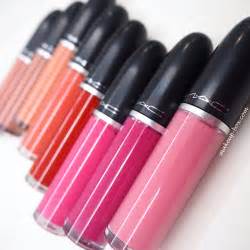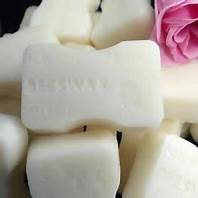Dermatologist's insight on shower frequency without harming skin
















Dermatologist's insight on shower frequency without harming skin
Some take a shower every morning and evening, while others only have water procedures a few times a week. It's worth knowing how often to shower to prevent dryness, itching, and skin irritation, according to the Express website.
What will happen if you shower frequently?
Dermatologist Jenny Liu mentions that many believe frequent washing, especially with soap or gel, can strip the skin's protective layer, leading to dryness, irritation, and itching.
However, she notes that daily showers or baths are very beneficial for the skin. This is recommended for people with dry or eczema-prone skin.
Soaking in a bath also helps moisturize the outer layer and improves exfoliation.
Many people, for various reasons, are accustomed to showering daily. Some enjoy the feeling of freshness and cleanliness after a shower, while others consider it a way to wake up or relax after a tough day at work.
Best ways to cleanse the skin
A daily shower or bath without using a moisturizer can damage the skin, especially if you aggressively cleanse and use harsh soap.
The dermatologist advises the following way of cleansing the skin:
Limit water contact to less than 15-20 minutes.
Use comfortably warm water, not too hot or too cold.
Apply moisturizer to damp skin immediately after showering or bathing to help retain moisture in the outer layer and prevent additional water loss.
Cold water
Naturopath Dr. Janine Bowring recommends finishing showers with cold water.
She explains that cold helps our leptin receptors, and addressing leptin resistance is necessary to balance hormones.
Washing the hair is recommended every 2-3 days, with oily hair possibly requiring more frequent washing and dry hair less often.
Earlier, we reported on four reasons why taking hot showers in winter might not be advisable.
We also covered five body parts that everyone tends to under-wash.
Story by Daria Shekina: RBC Ukraine
Articles-Latest
- Skin tags: Why they develop, and how to remove them
- So That’s Why Your Skin Gets Crepey As You Get Older
- Eye Infection from False Eyelashes
- Teeth stain removal and whitening solutions
- Benefits of collagen for skin
- Why vitamin E should be part of your skincare regime
- Can gray hair be reversed?
- Hair loss affects 1 in 10 women before the menopause – here’s how to treat it
- Conscious ageing and Black skin: What happens when Black does crack?
- Your skin color may affect how well a medication works for you — but the research is way behind
- The C word Cancer
- Astringents
- How does light therapy work? The science behind the popular skincare treatment
- The Most Offensive Fashion Police Criticisms of All Time
- Everything you need to know about lip filler migration, as told by the experts
- Pig semen and menstrual blood – how our ancestors perfected the art of seduction
- Everything you need to know about benzoyl peroxide
- We've bleached, relaxed, and damaged our hair to make ourselves look more white
- Will this be the year that facial filler is cancelled?
- Shock of the old: 10 painful and poisonous beauty treatments
Cosmetic ingredients
LOGIN
Who's On Line
We have 177 guests and no members online
Articles-Most Read
- Home
- White Bees Wax
- Leucidal
- Cosmetic Preservatives A-Z
- Caprylyl Glycol
- Cosmetics Unmasked - How Safe Are Colorants?
- Cosmetics Unmasked - Choosing Ingredients
- Cosmetics Unmasked - Colorants And Fragrances
- EcoSilk
- Toxic Beauty - Who's Looking At Cosmetics?
- Cosmetics Unmasked - Fragrances
- Microbes and Cosmetics
- Microbes and Safety Standards
- Chemicals Lingering In The Environment
- Potassium Sorbate
- Yellow Bees Wax
- Toxic Beauty - Hazardous To Your Health
- What's Happening in the USA - Cosmetic Regulations - Toxic Beauty
- Synthetics In Cosmetics - The Industry Fights Back
- Fresh Goat's Milk Soap
- Active Ingredients
- Cosmetics Unmasked - Listing Cosmetics
- Toxic Beauty - Cocktails and Low Doses
- Natural Waxes A-Z
- Natural Butters A-Z




